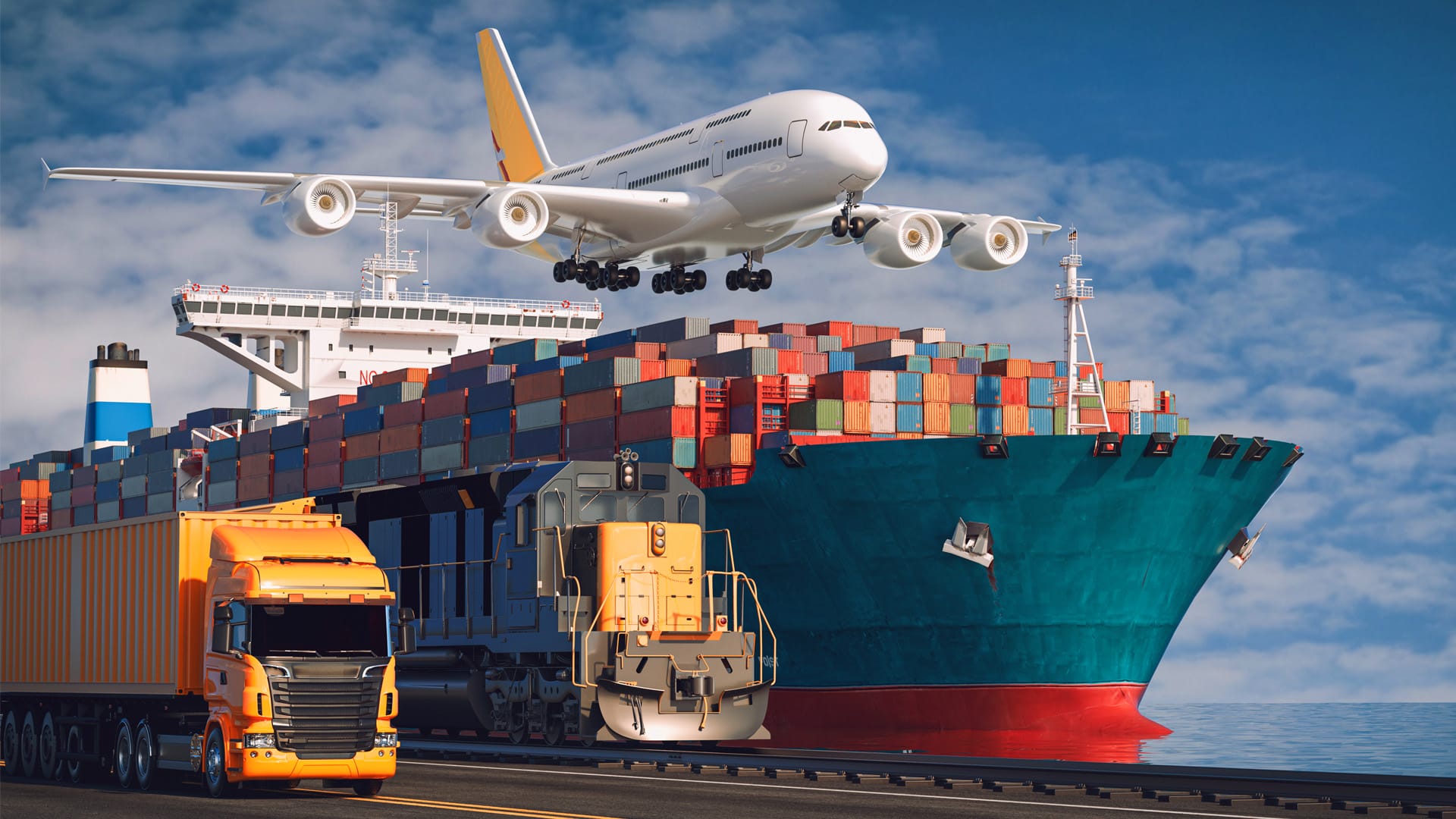With the ever-changing global economy, the role of international trade in national economies has become a key topic of discussion among businesses, policymakers and researchers. The impact of exports on a country’s economy is substantial, as foreign sales have grown to represent nearly 20% of GDP for most developed countries. There are several direct benefits that an exporting business can realize in the domestic market. Exports result in excess production capacity, which lowers costs and increases profits from decreased operating expenses. Furthermore, it also increases market share by reaching more customers and gaining visibility in foreign markets. However, there are also some indirect benefits that are less evident but still important. For example, exporters tend to reinvest their profits into further capacity expansions and value-added production activities like R&D or capital expenditures on machinery and other fixed assets that increase future productivity. To understand the full impact of exports in the economy, let’s take a look at its various roles:
Impact of Exports: Export-led Growth
An export-led growth strategy aims to boost economic activity by increasing an economy’s exports, which creates employment through the creation of more jobs in the exporting sector. Thus, an increase in exports leads to an increase in employment and domestic demand. Export-led growth increases the size of the economy by increasing the size of the market; it does not increase the value of the goods or services produced. Export-led growth is a strategy that countries often pursue when pursuing a trade deficit or when their currency is overly valued.
Impact of Exports: Employment
Exports can create as many as two additional jobs for every one job that is directly supported by overseas sales. This is possible because exports also support jobs in other sectors. The increased demand for goods and services in the economy that results from a rise in exports causes a rise in employment in these other sectors as well.
Impact of Exports: Technology Advancement
Market sectors that are export-oriented tend to be more technologically advanced than other sectors within the same economy. This is because exporters need more sophisticated technology and more specialized knowledge than do producers aimed at the domestic market. For example, foreign producers tend to use more advanced techniques and more capital-intensive technologies than do domestic producers — primarily because they must meet competition in world markets.
Impact of Exports: Market Awareness and Networking
Exporters are more aware of marketing and pricing strategies than are producers who sell only in the domestic market. They must be aware of foreign customers’ preferences, tastes, and buying habits — and must know how to meet the competition of other exporters. Thus, they are more likely to be aware of the latest market trends and changes in consumer demand. Expanding exports also provides an opportunity for a country to enhance its networking capabilities, which can lead to the development of new partnerships and alliances.
Summing up
The impact of exporting on a country’s economy is substantial. Exports result in excess production capacity, which lowers costs and increases profits from decreased operating expenses. It also increases market share by reaching more customers and gaining visibility in foreign markets. Exporters tend to reinvest their profits into further capacity expansions and value-added production activities like research and development. An export-led growth strategy aims to boost economic activity by increasing an economy’s exports, which creates employment through the creation of more jobs in the exporting sector. This can create a positive feedback loop where the higher demand generated by exports leads to greater economic activity and higher employment, which in turn creates more demand. The impact of exporting on a country’s economy is substantial.
Gezira Group
Gezira is one of the most effective dealers of Gum Arabic in Sudan. It has a deeply rooted heritage of its activities as well as it being widely established and developed its practice in collecting, sorting, cleaning and transporting gum from our resources to Port Sudan. We have a large warehouse in Port Sudan where all goods are identified, inspected and repacked by experienced inspectors to match our client’s needs. In addition, we currently installed a lab for the testing of Gum. In addition, we have a full tracking system that tracks the product from the field until it reaches to the container. With more than 21 years of experience, the company continues to reinvent its business and drive it to new heights of performance with innovative and different products and customer partnerships.



